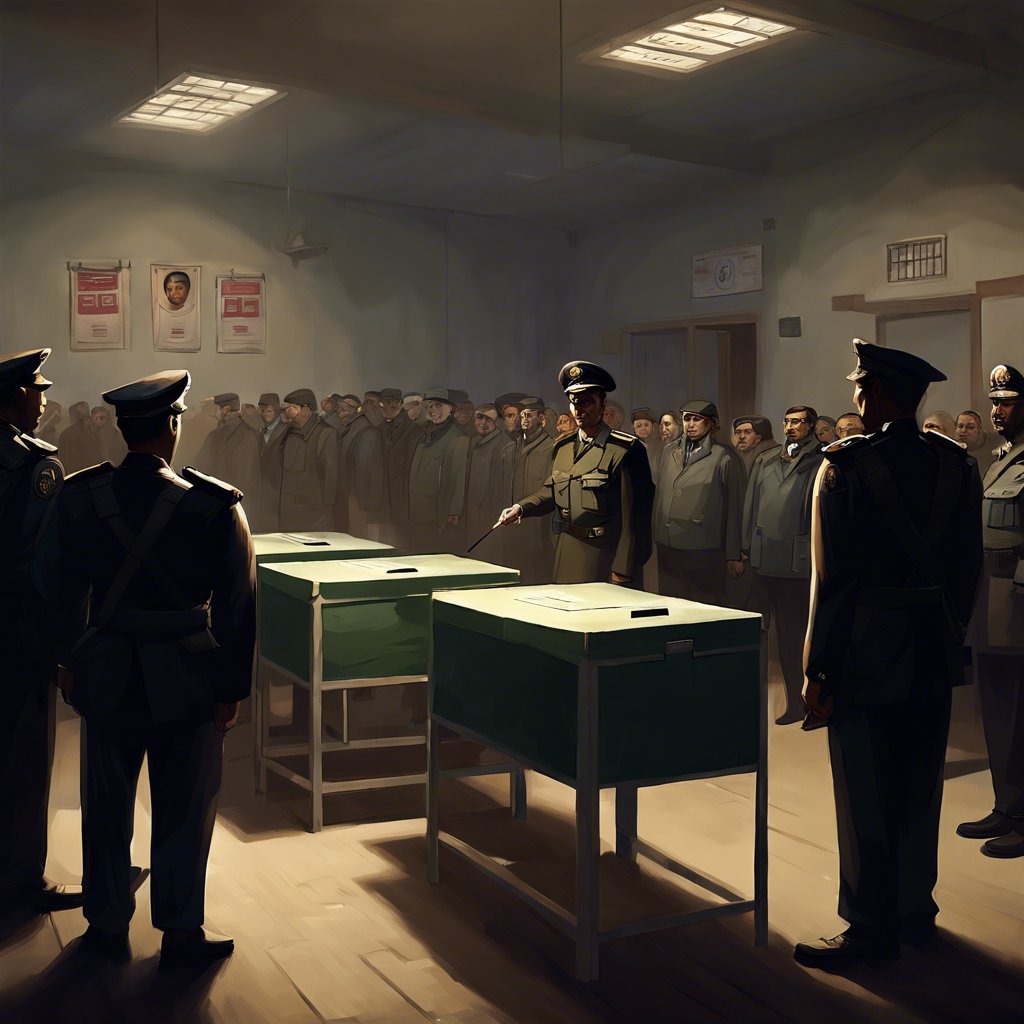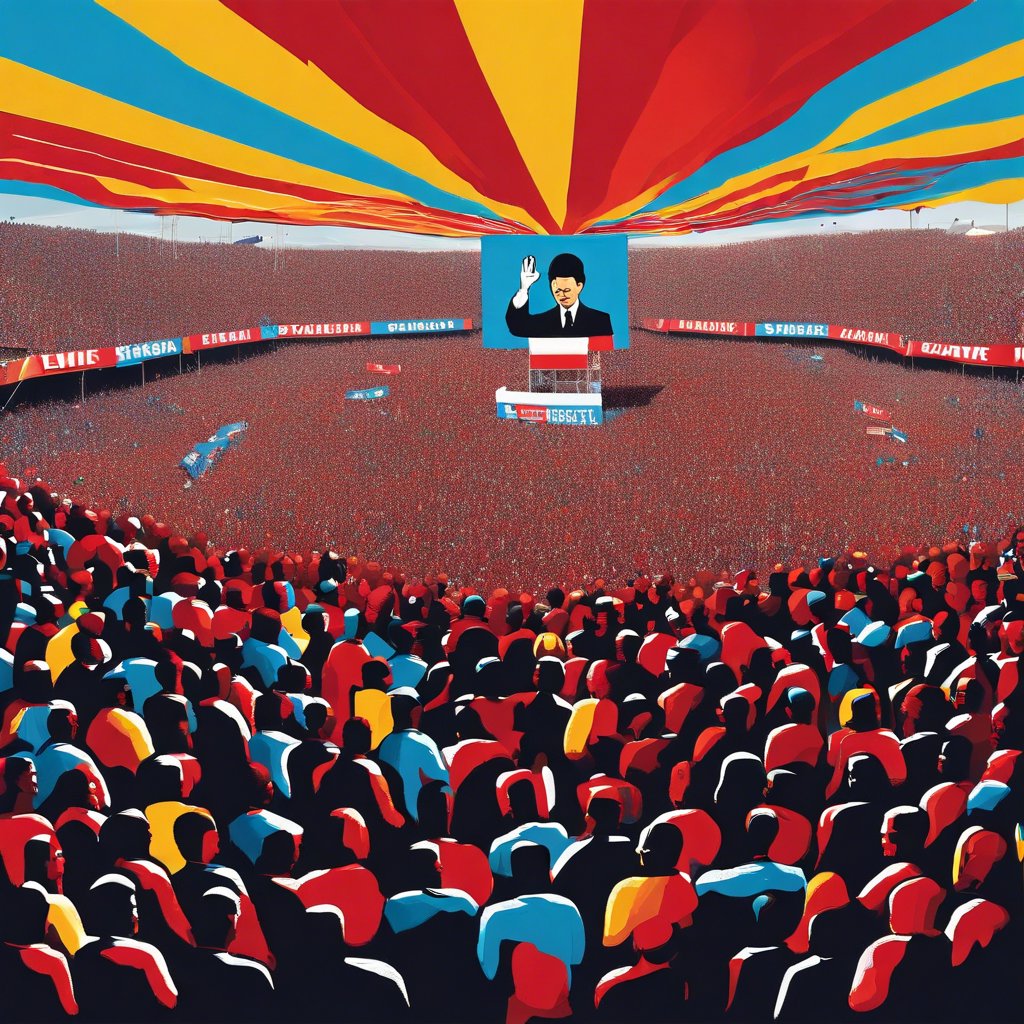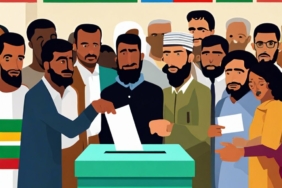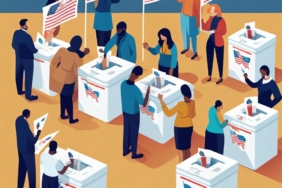The Complex Relationship Between Autocrats and Elections
It is not uncommon for autocratic leaders to engage in the electoral process. Historically, winning an election can enable an autocrat to claim a popular mandate, reinforcing their grip on power. This strategy also serves to reassure the military and political elite that their allegiance is the safest path forward, bolstering the regime’s stability.
According to Gretchen Helmke, a political scientist at Rochester University in New York who specializes in democracy within the Americas, autocrats typically agree to hold elections because they anticipate a favorable outcome. She notes, “They believe they will win, or at least come close enough to winning that manipulating the outcome won’t appear overly blatant.”
Thus, elections are generally not viewed as a threat to autocratic power. Rather, they are employed as a tactic to legitimize and fortify that power. Autocrats frequently utilize state resources to manipulate and control the electoral process in ways that occur “upstream” of the actual voting. This includes actions such as:
- Arresting opposition leaders
- Disqualifying opposition candidates from the ballot
- Implementing strict media censorship
However, there are instances when this carefully orchestrated playbook can falter. Even elections that are tightly controlled can yield unexpected results, leading to victories for opposition parties rather than the anticipated reaffirmation of the incumbent’s authority. In such cases, elections can transform from instruments of autocratic power into catalysts for regime change.
A historical example of this phenomenon is the case of Augusto Pinochet, the Chilean dictator, who expected a plebiscite in 1988 to secure a new mandate for his rule. Instead, the referendum marked his downfall, paving the way for a return to democracy in Chile.
Currently, the implications of recent election results for Nicolás Maduro, the Venezuelan president, remain uncertain. Maduro has demonstrated a remarkable ability to maintain his grip on power amidst challenges. Following Sunday’s election, he declared victory after the government-controlled electoral body announced him as the winner, but the legitimacy of this claim is widely questioned.














